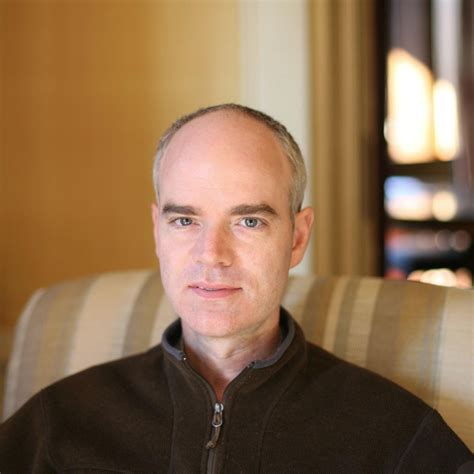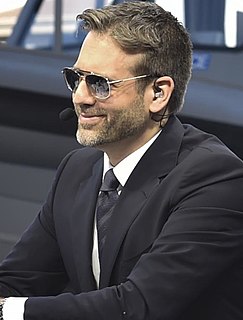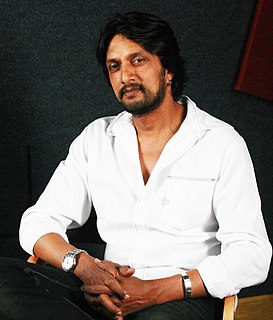A Quote by Joseph M. Kahn
The filmmaker should make it, and then the critic should interpret it, period. If the director goes in there and starts telling you exactly what to think, you have just completely slapped the audience in the face and not given them the opportunity to interest it, and that's terrible.
Related Quotes
I try and make it to the word exactly what I said four years ago and what I said was that those who've come here illegally should not be given a special pathway, a favored pathway to become permanent residents merely by virtue of having come here illegally. That they should be in line with everybody - they should be given the opportunity to get in line with everybody else but they go to the back of the line.
What I react against in other people's work, as a filmgoer, is when I see something in a movie that I feel is supposed to make me feel emotional, but I don't believe the filmmaker shares that emotion. They just think the audience will. And I think you can feel that separation. So any time I find myself writing something that I don't really respond to, but I'm telling myself, 'Oh yes, but the audience is going to like this,' then I know I'm on the wrong track and I just throw it out.
... I don't think anybody should avoid mistakes. If it is within their nature to make certain mistakes, I think they should make them, make the mistakes and find out what the cost of the mistake is, rather than to constantly keep avoiding it, and never really knowing exactly what the experience of it is, what the cost of it is, you know, and all the other facets of the mistake. I don't think that mistakes are that bad. I think that they should try and not do destructive things, but I don't think that a mistake is that serious a thing that one should be told what to do to avoid it.
As I view it, in every family a record should be kept...that record should be the first stone, if you choose, in the family altar. It should be a book known and used in the family circle; and when the child reaches maturity and goes out to make another household, one of the first things that the young couple should take along should be the records of their families, to be extended by them as life goes on...each one of us carries, individually, the responsibility of record keeping, and we should assume it.
I don't think all films should necessarily look like they do on digital video. I think it cheats the audience, at some point. If you try to make an epic and you shoot it digitally, that doesn't make much sense. I think there's a certain kind of film that could be a "digital film." But it shouldn't be interchangeable with other films. It should be something more than just a capture medium. It should be a different form altogether, something new.































